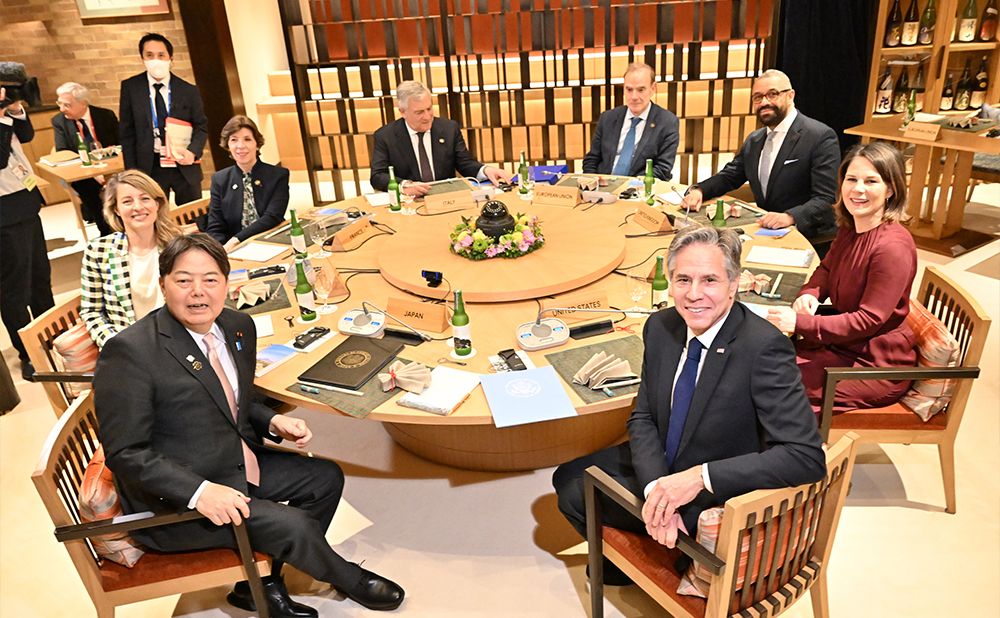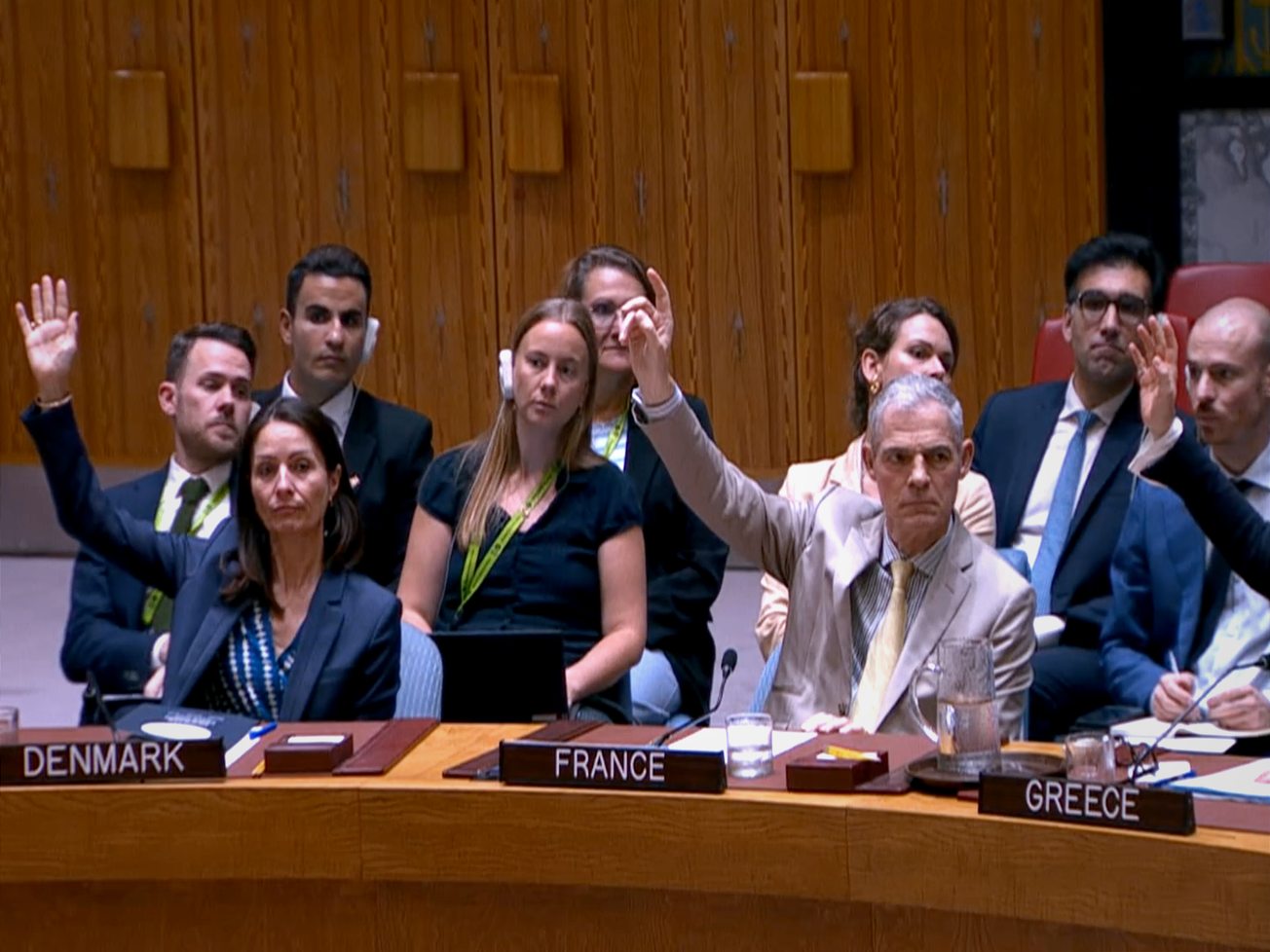The Group of Seven rich democracies called out Russia's "irresponsible nuclear rhetoric and behavior" and China's "rapid expansion of its nuclear arsenal" as threats to global peace and stability, while also deploring North Korea's "reckless" nuclear and ballistic missile testing program.
Russian President Vladimir Putin’s announcement in late March that Russia will deploy tactical nuclear weapons in Belarus – and has already begun training Belarusian air force crews in how to use them – adds to the danger of a serious escalation in the fighting in neighboring Ukraine.









